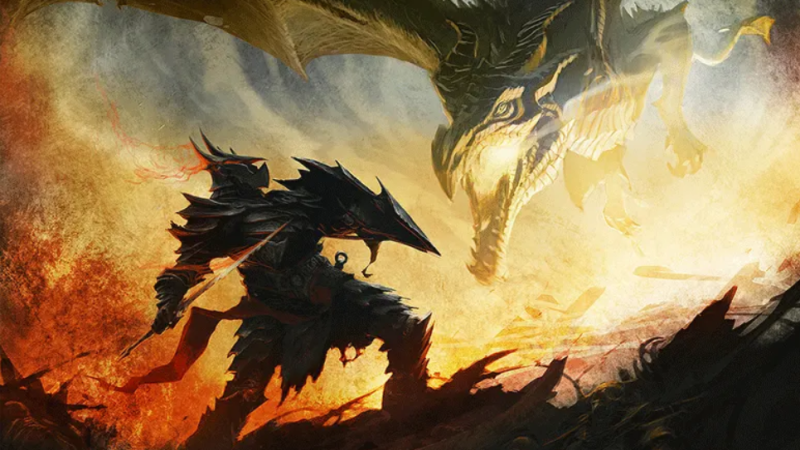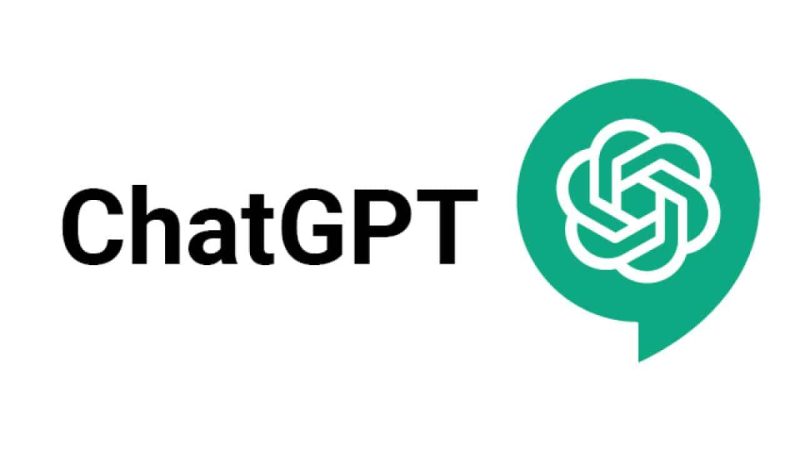8 Jobs in AI: The Jobs of the Future

|
Getting your Trinity Audio player ready...
|
With the rapid development of AI technology, new jobs related to AI have started to appear. Is this the dawn of a new industrial revolution? In this article, we’ll present to you 8 jobs that are related to AI, and maybe answer this question.
Data Scientist
A data scientist is somewhat of a ‘data detective.’ Their mission is to dissect and interpret a huge amount of information to give a competitive advantage to companies.
Nowadays, being able to anticipate the newest trends or forecast users’ behaviour is essential. Analysing the market, boosting productivity… those are the goals of the data scientist, who works at the same time in technology, maths, and business strategy.
Their core skills include:
- Being a master in statistics and probabilities
- Expertise in programming, notably Python and R
- Management and analysis of voluminous data bases
Machine Learning Engineer
The machine learning engineer is the data magician. They are the one behind things such as Spotify recommendations, or Facebook tags on photos.
They design, test, then deploy algorithms capable of analysing a huge amount of data, turning chaos into precise forecast. Picture a downloaded photo and in the blink of an eye, the AI knows what is on it and what it represents.
And this is only the beginning! These engineers are at the heart of the technological revolution, giving machines the capacity to learn by themselves.
To succeed, a machine learning engineer must:
- Have an expertise in ML algorithms
- Have prowess in programming
- Be familiar with TensorFlow and PyTorch
Prompt Engineer
A prompt engineer specialises themselves in interactions with the tool that rely on AI. Where a regular user could lose themselves in communicating with an AI, this specialist knows exactly what to do.
They make sure that each question has a clear and relevant answer. If some chatbots seem nearly human with the way they respond, it’s thanks to them! Behind every smooth experience, there is a prompt engineer who has precisely calibrated the exchange.
This professional has:
- A profound knowledge of language models such as GPT from OpenAI and BERT
- Proficiency in programming
- A passion for linguistics
- An intuition to be able to anticipate the models’ responses
AI researcher
The AI researcher is on the front line of the future of technology. Their daily routine is to submerge themselves in the abyss of codes and data to give birth to new algorithms.
They’re the one building the foundations of our digital future. Whether they work in laboratories or in companies, their goal remains the same: to push the limits of what AI can do. From medical diagnoses to autonomous driving, their work is everywhere.
Several skills are needed to succeed in this role:
- A mastery in mathematics
- Excellent knowledge of programming
- Constant monitoring of evolutions and AI tech

Natural Language Processing Specialist
The natural language processing specialist establishes the connexion between the complexity of the human language and the binary logic of machines.
Have you ever been impressed by the accuracy of a chatbot or by the precision of an online translation tool? Well, you owe that to them. At the heart of this silent revolution, this specialist shapes the way machines understand us (our words, our emotions, our intentions).
The natural language processing specialist possesses solid skills:
- Fine details and nuances of linguistics
- Advanced programming
- Expertise of NLP models such as BERT and GPT
Computer Vision Engineer
The computer vision engineer allows machines to interpret images just like a human eye would. Because where our eyes see an image, a machine sees pixels and data.
From facial recognition to unlock your phone to the detection of anomalies in a medical x-ray, their expertise is crucial.
To give this ability to ‘see’ to machines, the computer vision engineer needs to master:
- Advanced concepts in maths, especially linear algebra
- Programming
- Nuances of convolutional neural networks
AI Ethicist
An AI ethicist is the ethical guardian of the digital world. Since machines are making more and more complex decisions, they ensure that they do so fairly.
In the shadows of codes and algorithms, they ask themselves: what impact will this technology have on our society? Is it fair? Is it ethical? The ethicist establishes rules.
In order to do so, the AI ethicist must:
- Know the fundamental aspects of philosophy and ethics
- Have a profound comprehension of AI
- Have the capacity to anticipate societal consequences
Growth Hacker
A growth hacker skilfully mixes marketing and AI to boost companies’ development.
They optimise and amplify every click, every interaction, every sale. They not only create ad campaigns; they use AI to make sure they target the right audience. Their approach, based on data, is a massive bonus to transform simple visitors into loyal clients.
To make a company achieve new goals, this specialist has:
- A solid expertise in digital marketing
- Talents in programming
- Proficiency in analysis tool that use AI
- A boundless creativity and a sharp capacity to analyse
If you liked this article, you might be interested in our other articles about jobs such as: 7 Jobs in Graphic Design.






